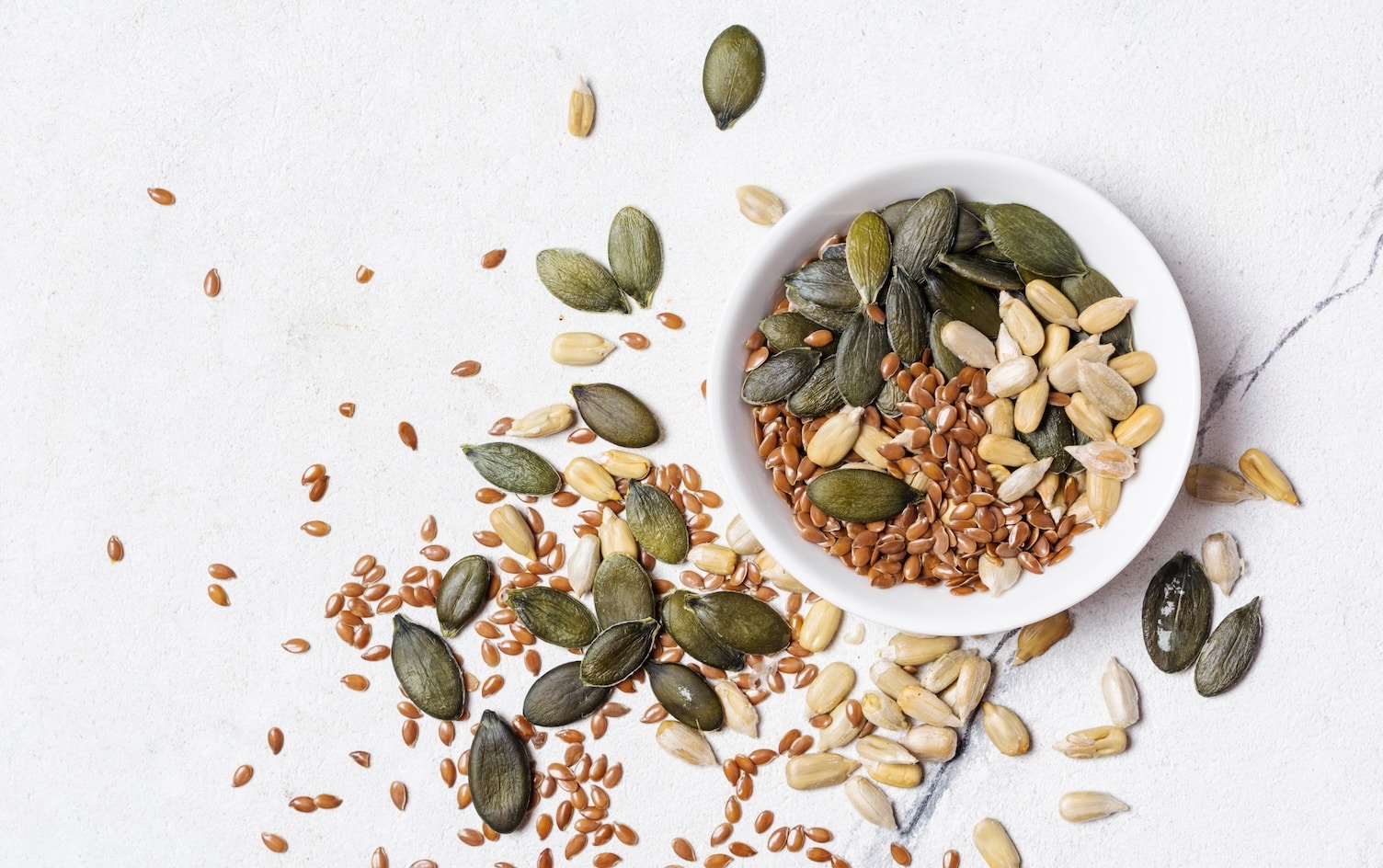Not only does the Mediterranean diet help with losing weight and improving heart health, but according to new research it could also boost athletic performance. Researchers compared 5K times for participants who followed two different diets. Those who ate a Mediterranean diet that contained lots of fruits and vegetables, whole grains, nuts and olive oil had faster race times compared to those who followed a traditional Western diet high in red or processed meats, sodium, trans fats, refined sugar and dairy.
THE SCIENCE
Following a Mediterranean diet led participants to shave a full minute off their overall 5K times — and it only took four days of eating that way to see results. “This study provides evidence that a diet known to be good for health is also good for exercise performance,” says study co-author Edward Weiss, PhD, a professor of nutrition at St. Louis University.
Several of the nutrients common in Mediterranean diets have been shown to boost performance, adds Weiss. For example, “nitrates, which are abundant in vegetables like beets and greens, have been linked to improved muscle power and endurance, leading to enhanced performance. Additional research shows antioxidants like vitamin C have been shown to reduce exercise-related muscle damage and speed recovery.”
WHY DIET PLAYS A KEY ROLE IN PERFORMANCE
While diet has the ability to enhance athletic performance, it can also impair it. In a study published in the Journal of Physiology, researchers at the Australian Institute of Sport profiled 21 race walkers who followed one of three macronutrient diets: A high-carb diet (60–65% carbs; 15–20% protein and 20% fat); a low-carb diet (75–80% fat; 15–20% protein and less than 50 grams of carbs); and a “periodized” carb diet that alternated between low- and high-carbs depending on the training regimen.
The low-carb, high fat (ketogenic) helped athletes burn more fat, but it decreased their oxygen efficiency, increasing the amount of oxygen needed to sustain their pace; a high-fat diet was also linked with slower race times.
“Endurance training already improves an athlete’s ability to oxidize fat as a fuel source, which is why you don’t need to resort to chronic adherence to a low-carb, high-fat diet,” explains Louise M. Burke, PhD, chief of nutrition strategy at the Australian Institute of Sport. Instead, a healthy eating plan that is sustainable, such as the Mediterranean diet, might be a better option long-term.
THE BOTTOM LINE
Make an appointment with a registered dietitian who can develop a personalized eating plan that aligns with your specific needs and fitness goals, suggests Burke. Weiss seconds that advice, adding, “The typical athlete hasn’t been shown how to eat a healthy diet.” Ultimately, you should prioritize eating a well-balanced diet for overall health, which benefits athletic performance as well.




